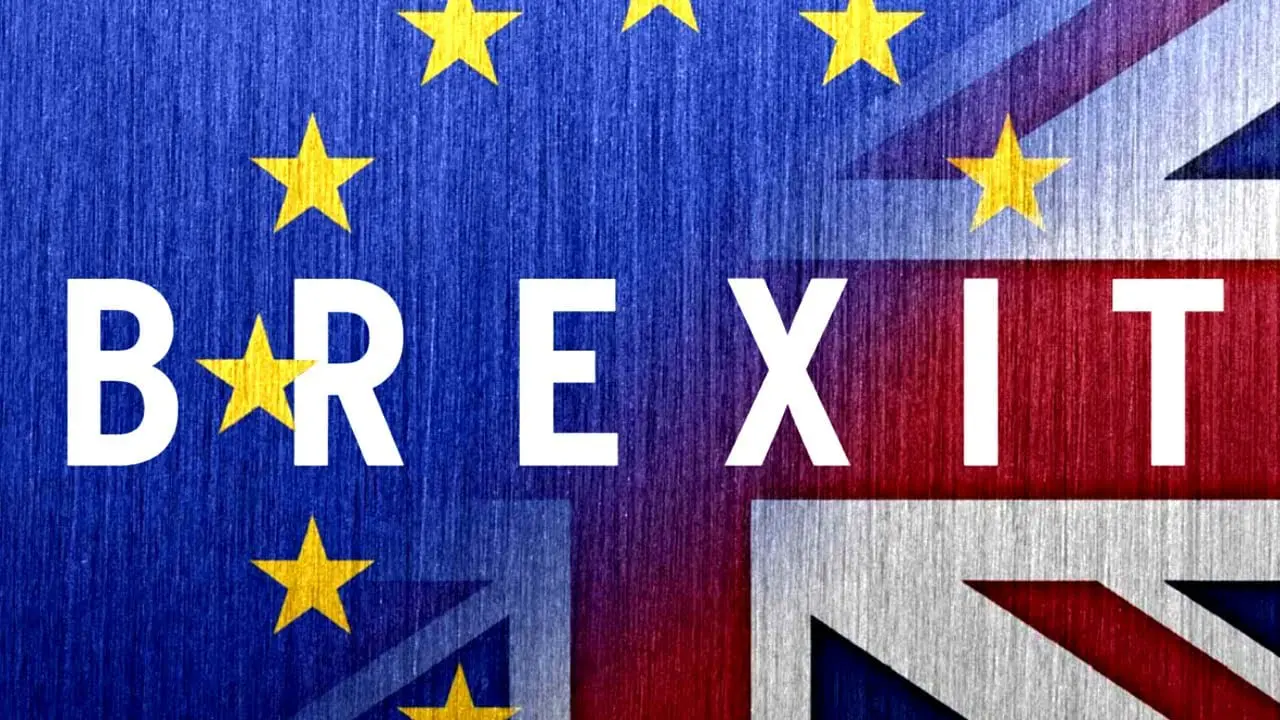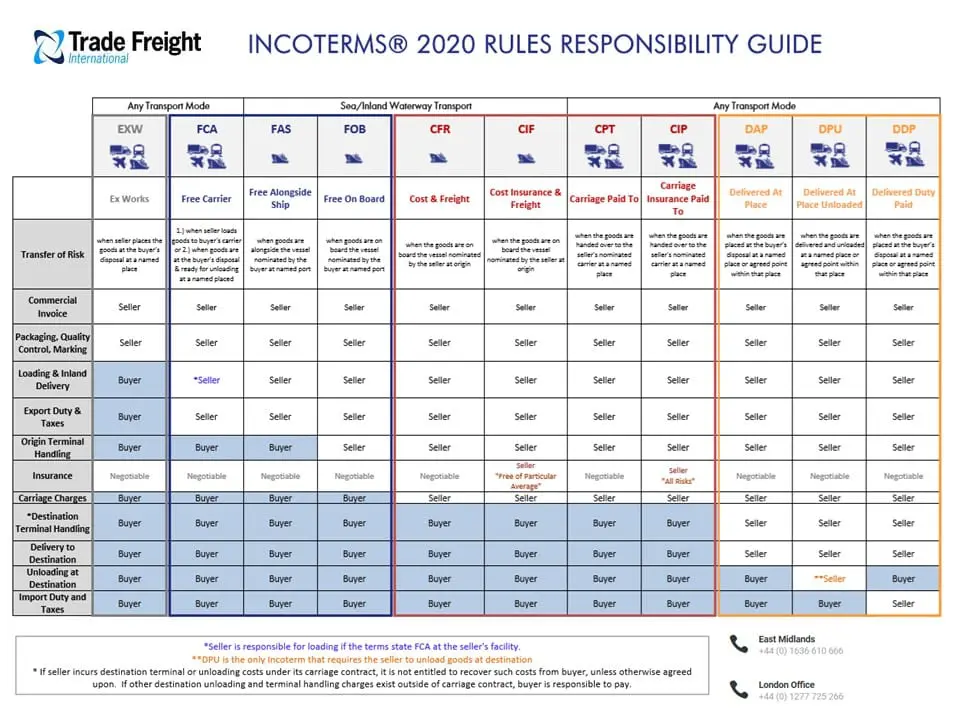With Brexit less than six months away, the haulage industry now faces a race to prepare for what it brings. What’s more, it has to make its preparations while still dealing with COVID19 and facing the possibility of a second wave of the virus. Here are some thoughts on what the post-Brexit future could have in store.
Customs checks in the EU are now a given
Michel Barnier, the EU’s Brexit negotiator has already confirmed that the EU will impose customs checks on goods from the UK regardless of whether or not a trade deal is reached. The UK, meanwhile, has already stated that it will not immediately apply full customs checks on goods imported from the EU.
Cynics might be inclined to think that this might be because the EU has been busily hiring and training new customs agents, whereas the UK is still well short of the 50,000 new customs agents they believe will be needed to process the incoming goods. In reality, however, it doesn’t actually matter whether or not this is true, what matters is whether or not countries have sufficient staff to undertake customs checks briskly.
At the moment, it seems fairly likely that the EU will have sufficient agents throughout its territory, particularly in key countries such as Ireland, France and the NL. Governments in these countries are known to have been busily recruiting. It is to be hoped that the UK government will have the sense to keep the level of its customs checks within the capabilities of its staffing resources.
This last point could, however, turn into a rather contentious one. Firstly, customs checks are a way to make sure that goods are legal as well as to make sure that appropriate tariffs are paid on them. Secondly, the financial impact of COVID19 may leave the UK government looking to apply as many taxes as it can, wherever it can and imports are an obvious target, especially if they are deemed non-essential.
New borders raise new questions about immigration and vehicle documentation
There seems little doubt that there will be some sort of arrangement made whereby freight drivers can travel through or to countries in which they do not have the right to take up employment. These arrangements exist basically everywhere else in the world, so it’s hard to see a reason why the EU would block drivers from the UK or vice versa.
Similarly, it’s probably also fairly safe to assume that there will be some kind of scheme for keeping track of freight vehicles themselves and for insuring vehicles, drivers and contents as they move around between the UK and the EU (and indeed the rest of the world). The key question, however, is how this scheme will work.
As with the issue of customs declarations, at present, nobody seems to know what documentation needs to be filled out (or how) by whom and by when let alone how it should be communicated. The only ray of light is that it’s in the interests of both the EU and the UK to sort this so hopefully progress will be made quickly.
The COVID19 situation
In addition to everything Brexit looks like it will bring, there is also the question of whether or not COVID19 will be completely eradicated by next year. In fact, pessimists might question whether it will ever be completely eradicated and, even if it is, whether it will just be replaced by something else. Sadly, these are all reasonable considerations, since modern travel does make it easier for viruses to be spread around the globe at what would once have been unimaginable speed.
It’s very much to be hoped that governments around the world, including the EU and the UK, will work to address this issue so that the global supply chain continues to function effectively regardless of circumstances.
Please contact us to see how we can facilitate your haulage needs.



Recent Comments